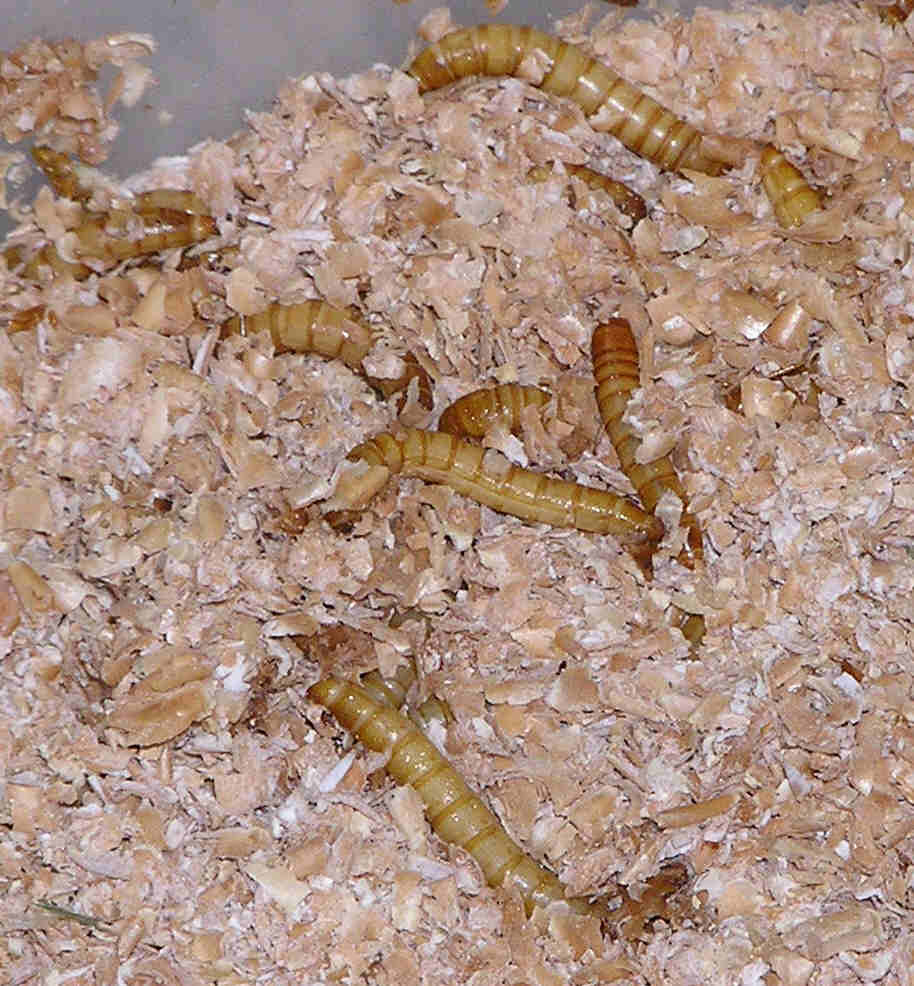
Ever gazed at an axolotl's wide, adorable smile and wondered whether those little aquatic joys could munch on mealworms? It’s a common question for new and experienced axolotl owners alike, and today we're diving deep into the underwater world of axolotl diets to uncover the truth about mealworms—friend or foe?
Can Axolotls Eat Mealworms?
So, can axolotls eat mealworms? Yes, they can, but with reservations. Mealworms are rich in protein and offer a playful challenge to an axolotl’s hunting instinct. However, there is a catch—actually, several catches. Mealworms possess a tough exoskeleton that is difficult for axolotls to digest, increasing the risk of intestinal blockages. Furthermore, the heads of mealworms could cause harm to their delicate gut lining.
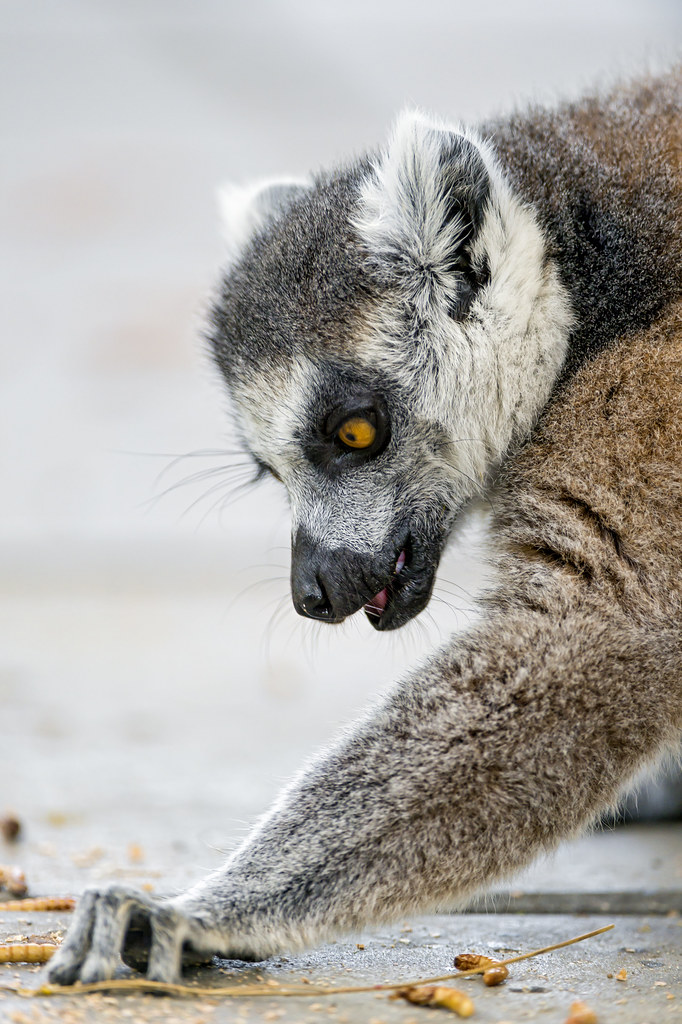
Culinary Preparation 101
If you're still keen on serving up some mealworm delight, there are steps you can take to make them less hazardous:
- Decapitate and De-shell: Before feeding, always remove the mealworm’s head and exoskeleton to mitigate risk.
- Occasional Treats: Treat mealworms as a once-in-a-blue-moon snack, rather than a daily staple.
- Cut It Up: For ease of consumption, chopping mealworms into smaller pieces can aid in digestion.
Weighing the Mealworm Pros and Cons
| Aspect | Pros | Cons |
|---|---|---|
| Nutritional Value | High in protein | Low in calcium, not nutritionally complete |
| Preparation | Encourages natural hunting behavior | Labor-intensive to remove harmful parts |
| Safety | Can be safe if prepared properly | Risk of intestinal blockage and gut injury |
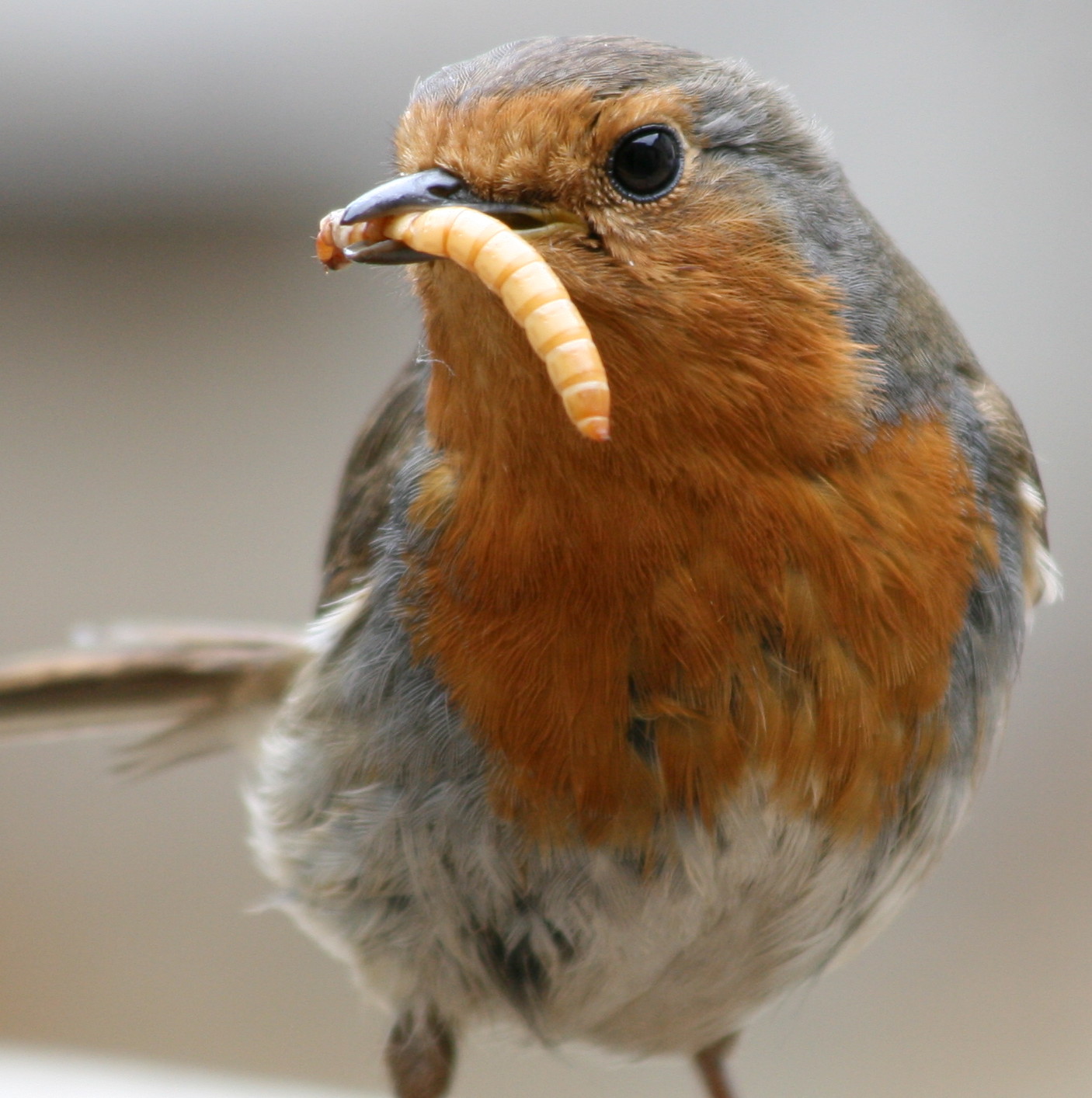
Better Worm Alternatives
If mealworms are more trouble than they’re worth, fret not! There are plenty of other wigglier, more nutritious options for your axolotl:
- Bloodworms: These are a crowd favorite among axolotls and provide a good nutritional balance.
- Blackworms and Microworms: They are excellent for providing diverse nutrients.
- Nightcrawlers: Though sometimes rejected, they’re a robust choice once accepted.
Keeping your axolotls healthy hinges on a varied and balanced diet, so regularly switching up their meals ensures they get the necessary nutrients for vibrant gill growth and overall well-being. You can explore more about amphibian care by checking out our recent articles.
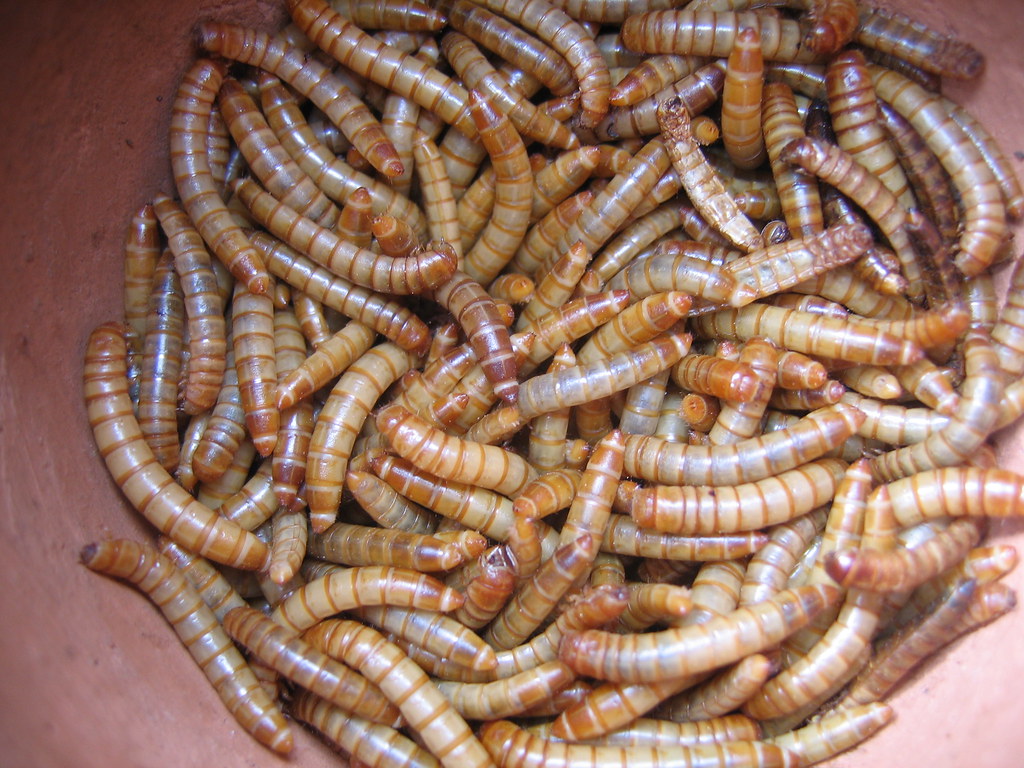
Final Word on Mealworms
In summary, while axolotls can eat mealworms, they are far from ideal due to the risks involved. Stick mainly to wormy alternatives like bloodworms and blackworms, treat mealworms as rare indulgences, and keep an eye on your axolotl's needs and preferences.
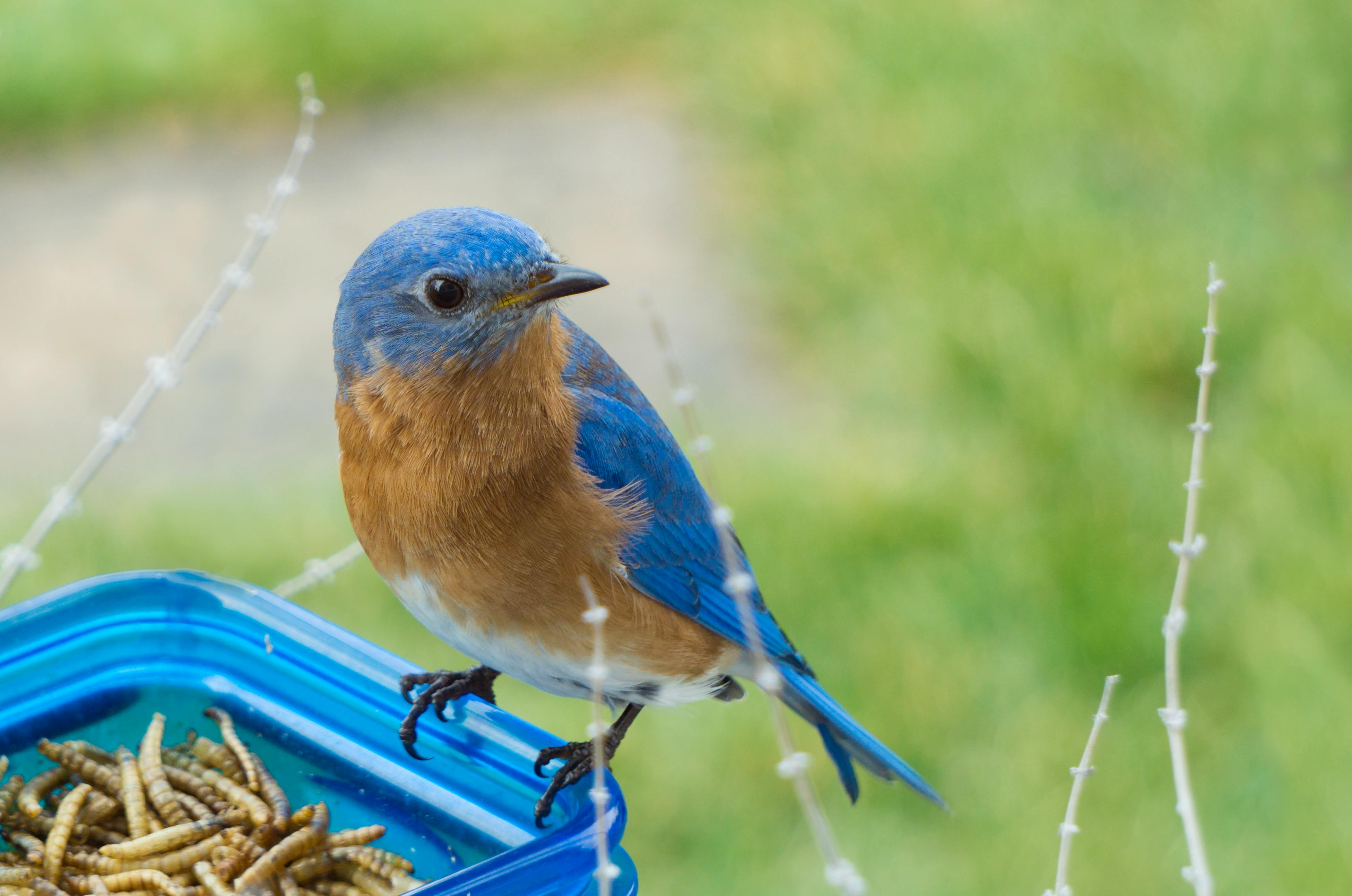
So, what’s your axolotl’s favorite meal? Share your experiences or tips in the comments below, and let’s swap stories about our beloved water dragons!
Frequently Asked Questions
What worms are safe for axolotls?
Nightcrawlers, also known as earthworms, are considered the best food for adult axolotls. They are nutritious and easy to digest. It’s recommended to cut them into smaller pieces for your axolotl to eat comfortably. Other safe options include blackworms and bloodworms. Ensure any food you offer is free from chemicals or pesticides.
Can axolotls eat mealworms raw?
Yes, axolotls can eat raw mealworms, but they should only be given as occasional treats. Mealworms have a tough exoskeleton that makes them harder to digest and can lead to potential digestive issues if eaten regularly. For a healthier diet, focus on soft-bodied worms like earthworms or bloodworms.
How often can axolotls eat mealworms?
Mealworms should be offered sparingly, perhaps once every few weeks. They are high in fat and their tough exoskeleton can cause digestive stress. Alternative worms such as earthworms or blackworms are better for regular feeding due to their balanced nutrition and easy digestibility.
What is the best diet for axolotls?
A balanced axolotl diet should include soft, nutrient-rich foods like earthworms, bloodworms, and specialized axolotl pellets. Occasionally, frozen or live food such as brine shrimp can be added for variety. Avoid fatty or hard-to-digest items as staples.
Are there any foods axolotls should avoid?
Avoid feeding axolotls foods like live feeder fish, as they may carry diseases or parasites. Mealworms and waxworms, due to their tough exoskeletons and high fat content, should only be occasional treats. Also, keep them away from anything that is too large or could block their digestive tract.
As we wrap up our exploration into the dietary habits of our charming axolotl friends, it’s always exciting to delve deeper and learn more about these fascinating creatures. If you’re as enthusiastic about axolotls as we are, why not continue the conversation with us on social media? We’d love to hear your thoughts and experiences! Connect with us on Pinterest to dive into more visual delights about aquatic pets and plants. For daily updates and more behind-the-scenes peeks, follow us on Instagram. And if you’re a fan of quick insights or engaging with fellow enthusiasts, join us on X, where we tweet all things axolotls and more. Don’t forget to join our growing community on Facebook, where friendly pet parents gather to share tips and tricks. Thanks for swimming by, and until next time, keep those axolotls smiling!
